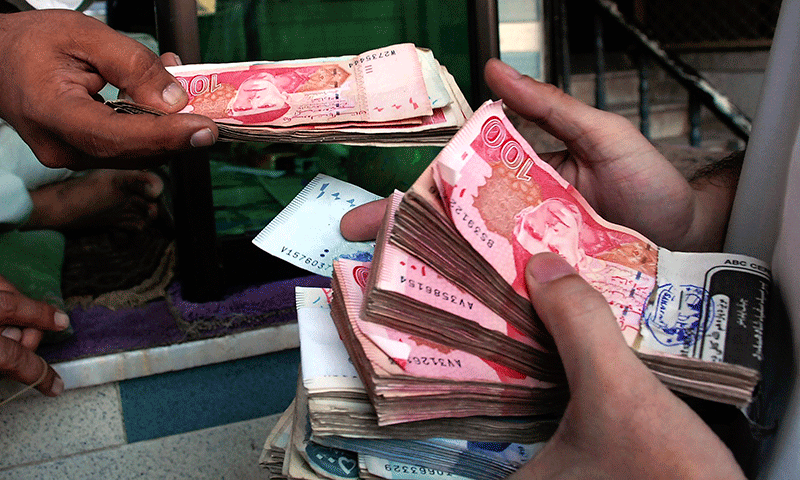RIYADH, Aug 9: Oil prices are on a downward slope since the peak attained on July 11. However, with the crude demand-supply balance still tight, spotlight seems moving on the growing consumption in the energy-rich countries, adding to the existing confusion on the future prospects of the industry.
Recent data from the US Department of Energy show the amount of petroleum products shipped by the world’s major oil exporters fell 2.5 per cent in 2007, despite a 57 per cent increase in prices and the rise in global consumption. And the trend appears to hold true this year as well.
Rising cash flow from high-price crude have fuelled a boom in oil demand inside Saudi Arabia and across the oil-rich Middle East, leaving less oil for export, some are now starting to emphasise. At the same time, aging fields and sluggish investments have caused exports to drop significantly in some of the exporting countries such as Mexico, Norway and, most recently, Russia.
Although rising consumption in the Asian emerging economies, especially China, is often cited as the major factor behind the current tightness of the market, the surging energy demand in the Middle East is also now starting to pose a major challenge.
The boom in oil demand across the oil-rich Middle East is leaving less oil for export, arguments are continuing to rise. Adam Robinson, an oil analyst at Lehman Brothers in New York now predicts the region will constitute more than 40 per cent of increased demand next year.
The Opec domestic demand has already increased in 2007 by 318,000 barrels a day, the US Energy Information Administration recently reported.
Shortage of gas is also causing the pressure on crude in the region. Nations in the Middle East are using their gas in the chemical, fertiliser and liquefied-natural-gas industries. Saudi Arabia is currently in the middle of a major campaign to boost production of petrochemicals, aluminium and fertilisers, aiming to emerge as a world player in these sectors.
Consequent to these developments, coupled with changing life styles in the Gulf, the energy needs are also on the rise, as all of these industries require large supplies of oil and natural gas.
Since 2004, Saudi oil consumption has increased nearly 23 per cent, to 2.3 million barrels a day last year, Jeffrey Brown, a Dallas-based petroleum geologist said. At the current growth rate, the kingdom could consume 4.6 million barrels a day by 2020. And this would dent its crude exporting capability, some now argue.














































Dear visitor, the comments section is undergoing an overhaul and will return soon.